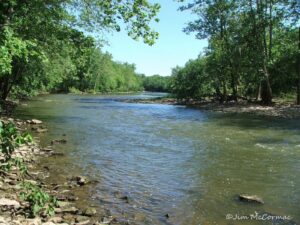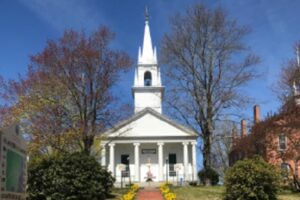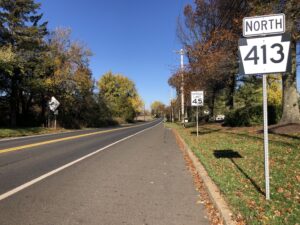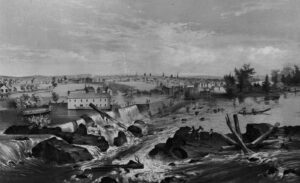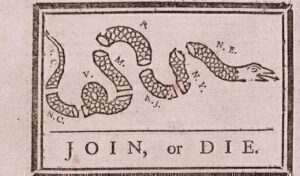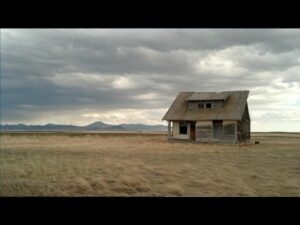Americanism Redux
August 17, your today, on the journey to the American Founding, 250 years ago, in 1773
So ruled, says the judge in Augusta County, British colony of Virginia…and David Essex, who has been caught after running away as a servant from the man who claims to own his labor, can either pay a sum of money or work two more weeks beyond his obligated term of work. It’s Essex’s choice. Tell it to the judge.
(so ruled)
So can someone offer me some guidance? That’s the question John Armstrong asks in Carlisle, Pennsylvania, another British colony. He is asking on behalf of a group of men who served as officers almost ten years ago in the French and Indian War. He and they had heard rumors that promised land—offered instead of extra pay—would be available to them near the Scioto River. The only problem is that it’s the colonial government of Virginia that is said to be making the promise and, after all, Armstrong tells someone from Virginia, that’s “your government”, not mine as a Pennsylvanian. Armstrong doesn’t know the rules, the customs, the in’s and out’s of “your government” in Virginia. Tell me what you can as soon as you can because the word in the woods is that some Natives killed a surveyor.
(Scioto River)
So isn’t this amazing? They’re together, families and friends, tucked inside a small, beautiful church that is holding its very first Sunday service, the “Ye Olde First Parish”, or the First Congregational Church as it will be known in the village of Wiscasset in the British colony of Massachusetts (in the future Maine). Nothing but joy and love in the air, nothing but worship and prayers and words of thanksgiving for each and every one inside the church. They are a whole, looking out for one another, caring for one another, and yes, getting on the nerves of one another from time to time. That’s how it is and they wouldn’t change a thing.
(First Congregational Church of Wiscasset, Maine)
So how badly do you want a place to stay for the night? If you’re traveling on the Durham Road in Bucks County outside Philadelphia, colony of Pennsylvania, it’s a question you better ask yourself if you see a sign that reads “Sign of the Harrow.” That’s John Wilson’s inn and folks will tell you that with an overnight stay at the Harrow you can expect good wine, great whiskey, dirty people, no candles, scads of bugs, and non-existent sleep. In other words drink until you pass out in the dark and the stink goes away.
(Durham Road)
So have you dug out yet? People in the New Hampshire towns of Haverhill, Amesbury, and Salisbury Point along the Merrimack River are trying to put their lives back together. A few days ago a hurricane came roaring northwest up the river off the Atlantic Ocean. Houses blew apart, barns collapsed to the ground, people flew through the air, trees uprooted, and river and sea vessels weighing ninety tons were tossed about like sticks of woods. No news of the dead yet. Several people hurt. Someone rummaged through a pile of rubble and felt the hand of a child, now saved and now safe. But livelihoods in ruins. Brother and Sister, run your fingers through pocket and purse for coins that go in the relief hat.
(Merrimack River after a storm)
Also
New-found towns about people with old-time influence.
A family from Scotland has discovered a measure of wealth in the merchant and land business and a measure of power in judicial offices in courtrooms. And now the British royal governor has done them a favor and named a town after them, Jaffrey, in the British colony of New Hampshire. The new town is further inland, safe from the hurricane.
The Spanish governor of Puerto Rico, an island of Columbus, has a town opened and named in the governor’s honor, Cayey, from the extinct Taino native tribe’s word for “place of water.” A massive rock mountain looms high above the newly named town. Enslaved Africans work the sugar cane and coffee plantations.
And alongside the start of new communities are…
…new-found warnings.
For the past two months colonial agent-lobbyist Benjamin Franklin has been sounding the alarm, making predictions. He has forecasted that a decision by the colonies to organize themselves into a continental entity and convene it in a meeting to deny any tax payments to Parliament until the current imperial arguments are resolved “will bring the Dispute to a Crisis.” He is preparing to send to British officials the request—demand?—from the Massachusetts Assembly that the colony’s governor and lieutenant governor be removed from office. To his friends Franklin states that British officials “have not Idea that any People can act from any other Principle but of Interest.” They believe the simple fact of cutting the cost of tea would be, he said, “sufficient to overcome all the Patriotism of an American.”
A new community and the newest expressions of a recent threat—can the former weather the latter? Does the former affect the latter?
(Benjamin Franklin’s political cartoon that he hoped would generate support for his plan of union, 1754–it flopped)
For You Now
So scattered are these. Like the stars. Where truth resides for the one who stands and sees, through the dark.
(still there)
A storm comes up river, off the ocean body. Not always the worst, but once in a while it is the worst. Damage and in those mournings, death. However it happens when the worst happens, you hold tight, hang on, and dig out. Life begins again as a new volume and not a new chapter.
That small church still meets as well as still stands, today. What holds it through the storms? More than planks and nails. Belief that is shared to faith, in heights and depths. They pray and sing and cry. With a lightning rod on top, along with a cross.
That inn isn’t there. The alcohol left. The bugs didn’t care, but the people did. Sooner or later, sleep is needed. When they left, the smell went away. The bugs don’t bathe, even when they’re wet from the storm now passed.
Then there’s the Weatherman. Watching, wondering, thinking, above in perspective and manner of mind. He saw the lightning and made the rod, those years ago, right before he sketched a union no one adopted. The roof has protection but no drawings hang on the walls.
He’s at it again.
Three.
One, it’s coming, the storm.
Two, an assumption is already here, and it’s wrong.
Three, an idea can shine like the sun, which is a star.
Suggestion
Take a moment to consider this: how strong is your structure?
(your call)

